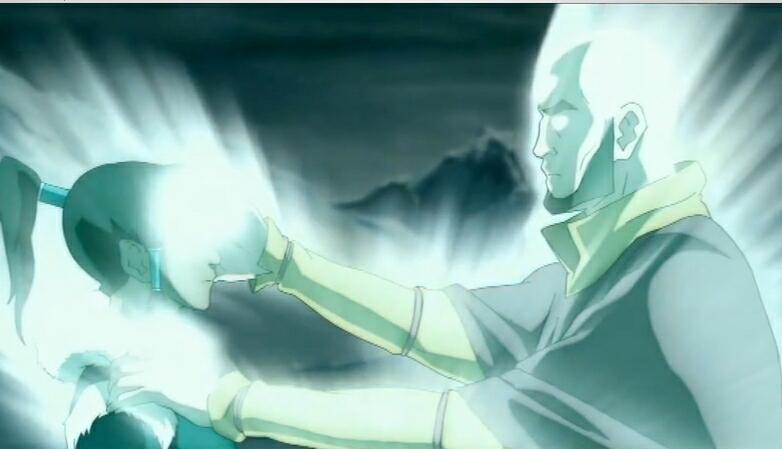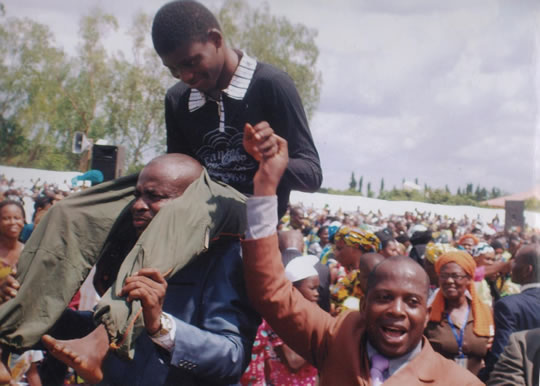
Clips from the Victor Frankl Archives
To most people Viktor Frankl is known as author of “Man’s Search for Meaning” and the founder of Logotherapy. But beyond these two aspects of his person and life, Frankl was also known as a philosopher, thinker and close observer of behavior of individuals and behaviors and trends of society. He did not refrain from commenting on problems of larger scale and contexts outside the field of psychotherapy. Some called him a “wise old man”, some critizised him. His precise perception allowed him to spot problems concerning modern day society and he felt obliged to comment on them, as they often formed the fertile ground on which many neuroses would blossom. On this webpage you can experience a variety of original comments Frankl made throughout the years on TV and in lecture halls. Enjoy…
NEW THEORY … approx. 1963 [2:08]
TV interview on one of Frankl’s early lecture tours in the USA.
RESOURCES OF SURVIVAL, 1987 [3:57]
Lecture, Southern Methodist University, Dallas, TX. Frankl on ideas and ideals, depth- and “height-psychology”. Here is his much cited closing statement in which he reminds the American audience of the close ties between freedom and responsibility…
JERRY LONG: “I BROKE MY NECK, BUT IT DID NOT BREAK ME” [6:55]
One of the rare appearances of Frankl together with Jerry Long. Mr. Long, paralysed from neck down after a diving accident at age 17, wrote to Dr. Frankl the lines “I broke my neck, but it did not break me.” Long became a psychologist despite his severe handicap. He died in 2004.
ON EXISTENTIAL PHILOSOPHY [2:40]
Frankl discusses the differences between logotherapy and the views of french existentialists Sartre and Camus.
DRUGS: SUBJECTIVE VS. OBJECTIVE MEANING [4:28]
One of Frankls main topics in the 1960s. When teaching at Harvard University in 1961, he was among few who opposed the experimental use of LSD proposed by Dr. Timothy Leary, stating that “freedom is only one side of a phenomenon whose other side is responsibility”. (California 1968)
ON BELIEF AFTER THE HOLOCAUST [3:31]
Can one believe in god after Ausschwitz? Frankl´s view differed from that of many within his religious community, often sparking emotions and controversy. An rare recording, where he points out his position very clearl
Read the rest of the article –>














